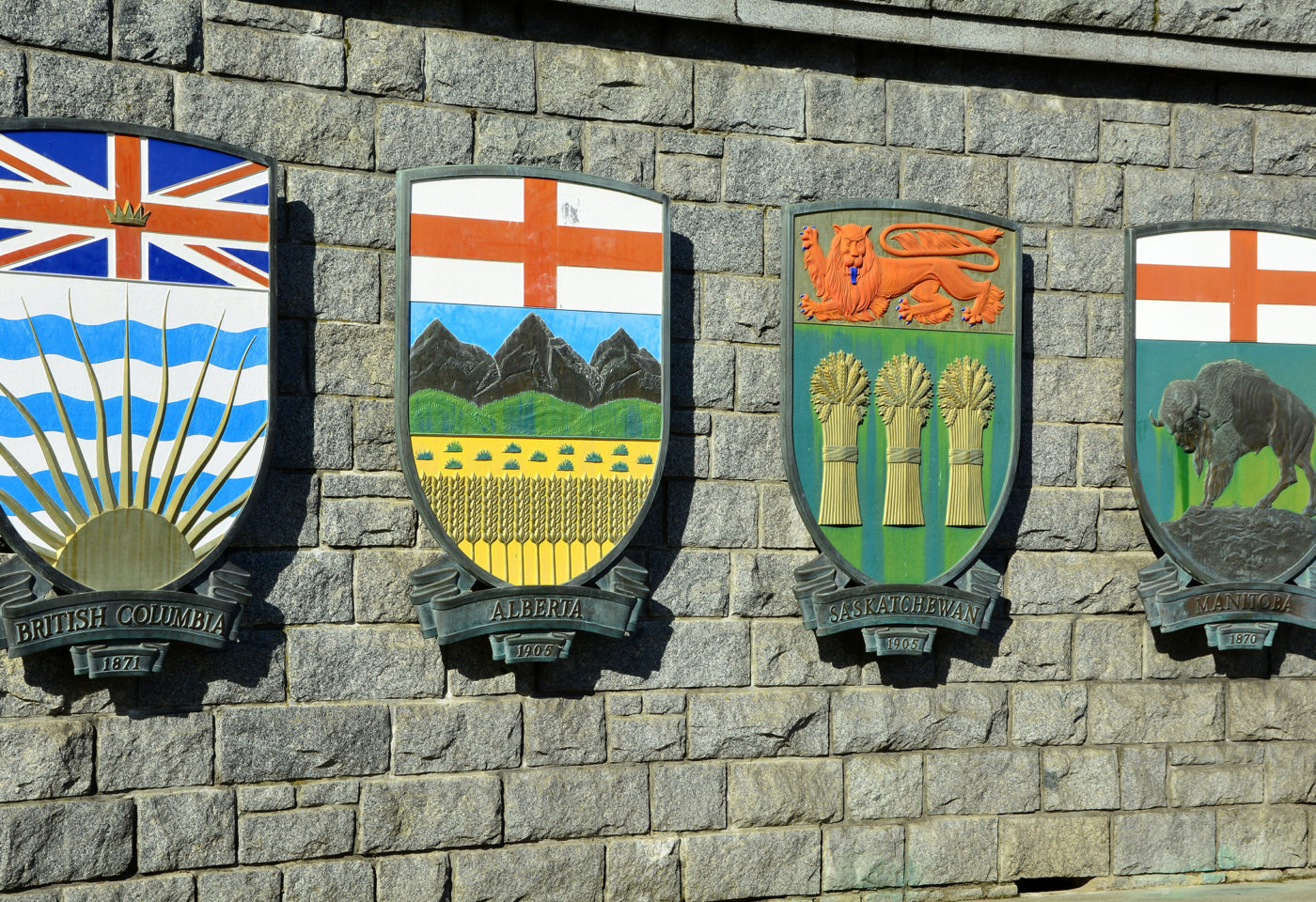Here are excerpts from a speech given by a western Canadian premier in Halifax on Oct. 25, 1976 – nearly four decades ago. The observations on the four western provinces are strikingly contemporary. Can you guess who the speaker is? (Hint: We reveal the answer at the end of this insert.)
The four western provinces are not a monolithic bloc; indeed, they are very different in many ways.
At the present time, the governments of the four provinces represent three different political parties. It is interesting to note that such party political variety has been the norm in the West, rather than the exception, for the past three decades…
The economies of the four western provinces are markedly different… And yet, despite these differences, most of us regard the four western provinces as a distinct region, with shared perceptions, with mutual concerns, and, in many respects, with common objectives. And the governments of those four provinces have worked together – as have the Atlantic provinces – to promote regional interests.
I think that at the core of western regional identity are a few basic elements.
- All four western provinces have economies that are built upon the exploitation of natural resources, which were to be the basis of our regional wealth – we are all very resource rich and industry poor.
- We are all heavily dependent for our wellbeing on transportation – especially rail transportation. Indeed B.C. came into Confederation because the Canadian Pacific Railway was promised and Saskatchewan and Alberta came into Confederation because the C.P.R. was built.
- Stemming from the first two – and perhaps most important of all – people in the four western provinces tend to have a common perception of Canada and what Confederation is all about.
As we see it, Canada does not now and never did make economic sense. It was created to achieve political and social objectives – not because of economic realities, but despite economic realities.
The bargain as we see it was that tariffs set by the federal government would protect Canadian industry – mostly in central Canada – against international competition. At the same time transportation policies pursued by the federal government would allow people in the hinterland – east and west – to get their products to market outside the region and to get the manufactured goods they needed into the region.
Clearly this is an oversimplification. But it sets out in a rough way the perception of western Canadians of the Confederation bargain. That is why westerners feel aggrieved by recent efforts to change the rules, that is … to change the rules on who should benefit from resources, which were supposed to be our source of wealth…”

The speaker was Allan Blakeney, NDP premier of Saskatchewan from 1971 to 1982.
What do you think of his comments? Is his description of the four western provinces still true today? Comment below or tweet us @CanadaWestFoundation.
